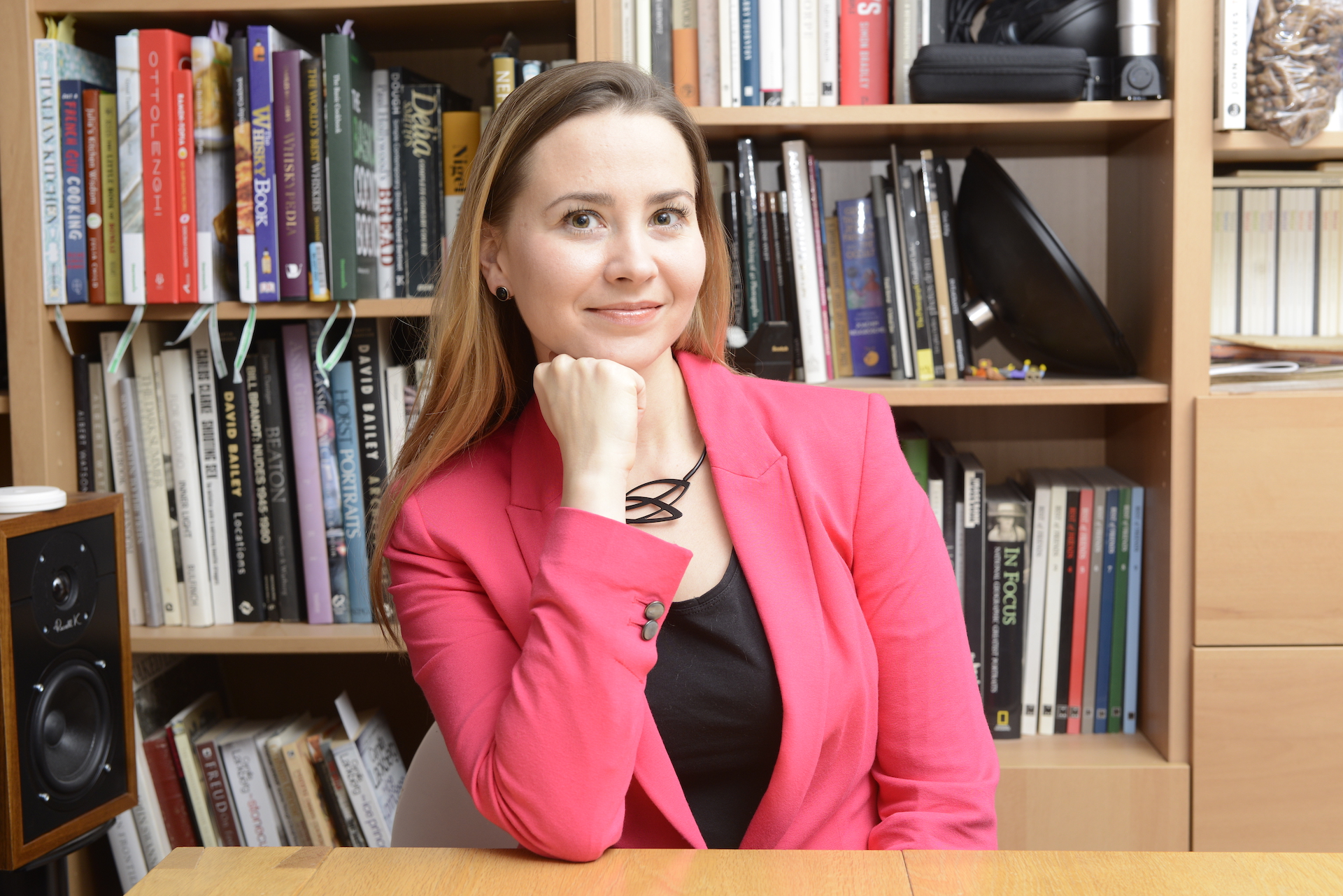DPhil in Zoology, University of Oxford (2013)
| Communications and Public Engagement Officer | |
|---|---|
| University of Oxford, Department of Paediatrics | |
Year entered into a non-academic position: 2018
Job highlight: Being part of the media relations team for Oxford University’s COVID-19 vaccine trial
My research training set me up to… Be persistent – and patient with computers!
Left academia after: I haven’t quite left academia – I am combining my communications job with a lectureship at Brunel University London. I also do freelance science communication and training in my spare time.
What’s your background?
I completed a BSc in Biology in Germany, at Jacobs University Bremen, and during my studies spent a semester at Rice University in Texas. After graduating, I moved to the UK to pursue my MSc and DPhil at Oxford University’s Zoology Department, where I specialised in behavioural ecology and conservation biology. Following my doctorate, I briefly worked for a start-up company as a senior scientist, but soon returned to academia to lecture at Nottingham Trent University and the University of Reading. While at Reading, I decided to split my career: alongside lecturing, I began working as a communications and public engagement officer in Oxford University’s Department of Paediatrics. I am still in this role, but I currently combine it with that of a senior lecturer position in environmental sciences at Brunel University London. I also do freelance science communication.
Why did you move away from academia?
I was seeking more job security. Additionally, having a multi-pronged career meant that I didn’t have to sacrifice any of my interests.
Is there anything you miss about academia?
I have not fully left academia – but if I had, I think I would miss my students a lot. I am also not ready to give up zoology as a career.
How did you get this job? Did you face any challenges when considering a move away from academia or applying for the role?
Throughout my academic career, I have been pursuing science communication as a hobby. I took part in competitions, gave talks and organized outreach events. In 2014 I won FameLab Poland – a competition where researchers have three minutes to present a scientific concept, without the use of Powerpoint – which led to multiple collaborations with journalists and gave me an understanding of how the media works. I presented at TEDxWarsaw and Soapbox Science, taught at summer schools and began performing science stand-up comedy – and learnt a lot in the process!
Academics sometimes consider public engagement to be a “distraction” from “real work”, however the experience I gained landed me my first permanent position at Oxford University.
What motivated you to/why did you choose the sector you transitioned into?
After the 2016 Brexit referendum I was very worried about whether I would be able to stay in the UK, since I am not a British national and my fixed-term contract was coming to an end. Whilst I was not prepared to give up zoology, I acknowledged that it is a difficult and highly competitive field, and jobs are few and far between; I realised that I needed to use my transferable skills to find a back-up plan.
Having always enjoyed science communication and public engagement, I decided to pursue it as a career.
Did you think you had the skills required for your current position before you started? Were you right?
I did have the right skills, although I obtained them through my extracurricular activities rather than from my academic path.
How did your PhD prepare you for your current job? For example, what were the transferable skills that you developed during your PhD that are most relevant to your current job?
I think the only transferable skill from my PhD is doggedness when using computers – back then it was mainly for programming, currently – for web design.
Did you have any preconceptions about your sector that proved to be wrong?
No – I don’t think I had any preconceptions.
Can you describe a typical week in your job?
Each Monday I compile and send out weekly internal communications. I conduct communications inductions for new staff and students, create their website profiles and add them to the departmental mailing lists. I write articles for the four websites I administer; I also update and maintain them. I pitch news-worthy research stories to the Public Affairs Directorate. I help researchers write the public engagement sections of their grant applications; I also write or edit lay summaries of papers. I am on a number of departmental committees and usually have a list of communications-related action points from each one. I design and implement public engagement activities. I organise departmental presence at science festivals and other events. I liaise with the media. I run training sessions on public speaking and science communication. Once a month I send out the departmental newsletter; a few times a year I have a busy day at a science festival; sometimes I build or restructure a website.
What is the workplace culture like? Please include comments on work-life balance, flexibility, remote working?
Working in research support is very different from a typical academic job. Most days it is very much a 9-5 job; I leave my work in the office and don’t need to check my email after hours. Of course with the COVID-19 pandemic this has changed, as communications became more urgent and frequent.
In general, the department is very accommodating when it comes to individual circumstances and flexible/remote working.
Do people with a PhD frequently get hired in the company/sector?
Yes. I am not sure if a PhD provides much of an advantage – but it is not a hindrance.
What are your favourite parts of your job?
I enjoy helping researchers design their public engagement projects, as I find out so much about cutting-edge work from a discipline that’s not my own (but nonetheless incredibly interesting).
I also have the opportunity to attend high-profile meetings, giving me an insight into departmental and university governance.
What are your reflections on your career path?
My current jobs complement each other: I use my communications and public engagement expertise in lectures, and my research background to better understand the scientists I work with in my communications role. However, sometimes the work adds to more than one full-time job!
Do you have any advice for current graduate students and postdocs considering a career outside of academia?
Your degree is more than just academic skills, it’s an opportunity to try out a range of new activities. Do it – you never know what will come in handy! Use diverse, unusual experiences to your advantage; they will set you apart from other applicants.
What do you know now that you wish you’d known when exploring a transition?
Academics can be a bit snobbish – there still is a feeling that moving away from academia is a “failure”. Because of that, I think it’s much easier to be a researcher who occasionally does science communication than a full-time science communicator.
Can you recommend any relevant resources, organisations or events that might help somebody new to the sector find out more about it?
Sign up to the psci-comm mailing list – it’s jam-packed with valuable resources and job adverts!





